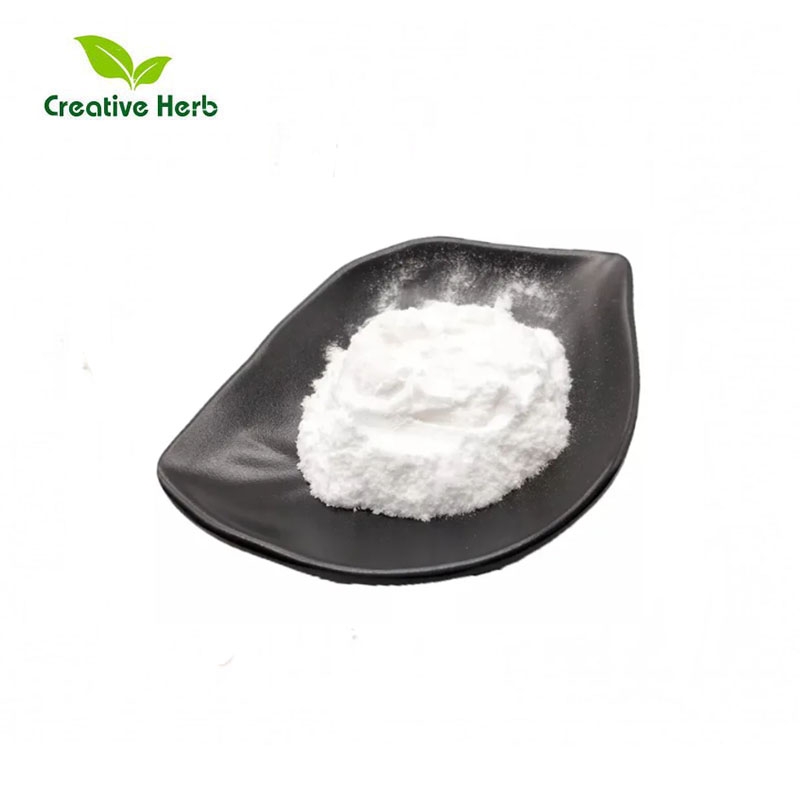New research finds new targets for the treatment of non-small cell lung cancer!
-
Last Update: 2018-04-15
-
Source: Internet
-
Author: User
Search more information of high quality chemicals, good prices and reliable suppliers, visit
www.echemi.com
April 15, 2018 / biool / - researchers from Rutgers Cancer Research Institute in New Jersey found a new function of superoxide dismutase 1 (SOD1), indicating that it can be used as a treatment target for a common lung cancer The results of the study were recently presented at the annual meeting of the American Association for cancer research Lung cancer is the second most common cancer and the second leading cause of cancer-related death in the United States NSCLC is the most common lung cancer (84%) The five-year survival rate of lung cancer was 18% Dr x.f Steven Zheng, director of cancer pharmacy program, Rutgers Cancer Institute, has found a link between NSCLC and SOD1 SOD1 is an enzyme responsible for scavenging the special free radical by-products produced by cell metabolism The superoxide comes from a group of byproducts called reactive oxygen species (ROS) These by-products can change fat, protein and DNA through oxidation process, leading to the loss of function of these biological molecules Very low levels of this by-product can make normal cells cancerous High levels of superoxide can lead to cell death, organ and tissue damage Recent work in Zheng lab has shown that SOD1 is a transcription factor that helps to eliminate ROS by-products, so it can regulate cell response to oxidative stress In this work, Zheng and his colleagues used a laboratory lung cancer model in which sod1ase was knocked out In the absence of SOD1, the researchers found a reduced burden of lung cancer, which means SOD1 is necessary for tumor growth and maintenance At the same time, by using tumor derived primary cancer cells, the researchers found that SOD1 is critical to the survival and proliferation of NSCLC cells "The new function of SOD1 found in our study has biological and transformational significance, indicating that SOD1 may be a potential therapeutic target for NSCLC." Zheng said he is the corresponding author of the work and a professor at Robert Wood Johnson School of medicine at Rutgers University "Finding and studying new drug targets is critical to improve the survival rate of lung cancer patients." Reference: finding new drug target for common form of lung cancer
This article is an English version of an article which is originally in the Chinese language on echemi.com and is provided for information purposes only.
This website makes no representation or warranty of any kind, either expressed or implied, as to the accuracy, completeness ownership or reliability of
the article or any translations thereof. If you have any concerns or complaints relating to the article, please send an email, providing a detailed
description of the concern or complaint, to
service@echemi.com. A staff member will contact you within 5 working days. Once verified, infringing content
will be removed immediately.







